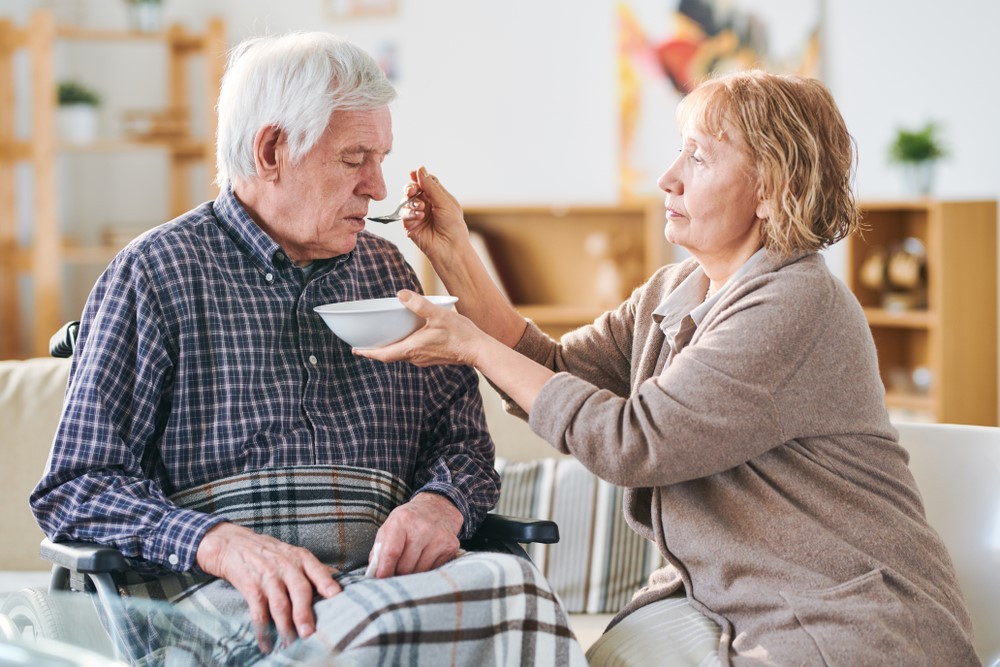We have counseled many adult children who were concerned that their parents were not receiving adequate care from the parent’s spouse. On March 15 the Kansas Supreme Court issued an opinion in which it considered the caregiving obligations of a spouse who resisted help in the tragic case of State v. Burris, No. 123,650 (Kan. S.Ct., March 15, 2024).
Carol Burris was charged with mistreatment of a dependent adult and second-degree reckless murder of her husband, Michael. Carol was Michael’s sole caregiver. Michael suffered from dementia and other significant health issues and relied on Carol to tend to his needs. On three occasions paramedics were called to Carol and Michael’s home after Michael fell or otherwise needed assistance. On two occasions, Michael was found on the floor, covered in urine and feces and with sores on his legs indicating that he was on the floor for an extended period of time. After remaining on the floor for about two weeks after the first reported fall, Michael resorted to harming himself in hopes that it would induce Carol to call for help. Michael was also severely dehydrated and malnourished. Carol refused help from social workers and Michael’s sister. She also refused home health assistance and talked Michael out of being discharged to a nursing home. She insisted she would continue to care for Michael at home. Michael died after his third trip to the hospital.
The appellate panel affirmed Carol’s convictions, concluding that her “failure to provide life-sustaining care for Michael after unequivocally assuming the responsibility to do so properly subjected her to prosecution for both charged offenses.” Carol appealed, arguing that she had no legal duty to care for Michael and that absent a duty to act, she cannot be found guilty by omission. The Kansas Supreme Court held that, although citizens generally are not obligated to aid one another, an exception to this rule exists when a person is in a special relationship with another, as in a marital relationship. Another exception exists when a person has voluntarily assumed the care of another and prevented others from rendering aid. Carol owed a duty of care to Michael as his spouse and his sole caregiver.
